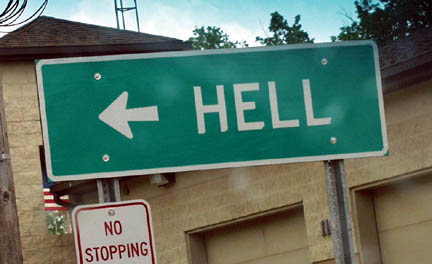This event is worth going to:
City Circle invites you to “Why Europe Needs Islam,” an event organised by The Radical Middle Way Initiative that we are pleased to support.
Join us for this exciting sessions on the dynamic role of Muslims in Europe and its future with our special guest, the Grand Mufti of Bosnia-Herzegovina.
Dr. Mustafa Ceric is serving his second term as Grand Mufti of Bosnia and Herzegovina and is considered as one of the most powerful scholarly voices in contemporary Islam. He is the co-recipient of the 2003 UNESCO Felix Houphouet-Boigny Peace Prize for Contribution to World Peace and recipient of the International Council of Christians and Jews award for exceptional contribution to interfaith understanding. He is one of the signatories of ‘A Common Word Between Us and You?, an open letter by Islamic scholars to Christian leaders, calling for peace and understanding. He regularly addresses believers through the media and at Friday Prayers. Mufti Ceric is truly unique world leader and his perspectives on Islam in Europe and the modern world are not only influential, but timely and much-needed.
Free entrance. All welcome.
For event enquiries please contact the organisers via their website,
The speakers are:
Dr Mustafa Ceric
Dr Kamal Helbawy (Chairman, Centre for The Study of Terrorism)
Dr Ceric’s views on European Islam are nicely summarised here:
As far as Islam is concerned, all countries belong to one of the following categories: Dar al-Islam, Dar al-Harb or Dar as-Sulh . Each and every Muslim should know the difference between the three groupings and decide which one they are resident in.
In the first category, Islam must be implemented to the furthest extent. Islam can never be implemented perfectly, but in dar al-Islam the government ought to try their best and continue trying; Islam is an ideal that people in nations in this category must strive for.
In a dar al-Harb state, non-Muslims form the majority of the population and Islam is not recognised by the legislature. Hence it cannot be implemented to any degree. This category applies to most Western states.
In the third, intermediary category, Sulh, the situation is such that Islam or the shariah cannot be implemented fully, but the government should endeavour to put it into practice as much as possible.
Bosnia is not in the first category, but the third. Therefore we are obliged to try our best to put Islamic legislation into practice, but it is unrealistic to expect us to implement shariah completely. That’s what I want, of course, but it will not happen just like that.
This is what the Grand Mufti believes governments should do.
Dr Ceric says governments must essentially buy the trust of Muslims by institutionalising their faith – giving it state sponsorship through schools, official bodies and so on.
Kamal Helbawy will also be worth hearing. Helbawy was sent by the Muslim Brotherhood to the United Kingdom, where he established both the Muslim Association of Britain and the Muslim Council of Britain. His recipe for tackling extremism is to enlist the assistance of various Muslim Brotherhood linked groups:
KH: The mosques and Imams are very influential inside the communities all over the country. The grass roots organizations like the “UK Islamic mission”, “Muslim Association of Britain”, “Islamic Society of Britain”, “Islamic Forum of Europe” and “Daawatul Islam” are all very influential.
MA: What function do these organizations perform?
KH: They invite people to the mosques, particularly young men with problems. They try to make them into good citizens through educating them in weekly or monthly meetings, camps, seminars, conferences, and in full or part time schools.
MA: Can these organizations be mobilized to counter the radical groups?
KH: Yes they can. When you speak of “radical” organizations, there are basically two groups that are organized enough to cause concern; Hizb ut-Tahrir and the [defunct] al-Muhajiroun.
I’m not personally convinced that institutionalising and pillarising a religious community is likely to be successful in combatting extremising.
I also don’t think that the Muslim Brotherhood is likely to be particularly good at helping to discourage British citizens from committing acts of terrorism against their fellows. The Muslim Brotherhood promotes confrontation with the West, which it regards as perfidious and corrupting. It is also a promoter and legitimiser of terrorism. Still, it will be interesting to hear what Helbawy has to say.
I think the great error with this approach is that it ignores the importance of separating religion and politics.
The Muslim Brotherhood, by its very nature, finds it very difficult to conceive of a ‘solution’ which doesn’t involve establishing religion in some manner: because that is what it exists to do.
Ceric has a similar problem. He believes that a country which is in the third, intermediate, Dar as-Sulh category, the government should endeavour to put [Islam] into practice as much as possible. This is what he means when he says that governments should “buy the trust of Muslims by institutionalising their faith”.
But Governments in secular countries shouldn’t institutionalise faith at all. They should treat people as citizens, recognising their diversity and autonomy, and not as members of institutions.
